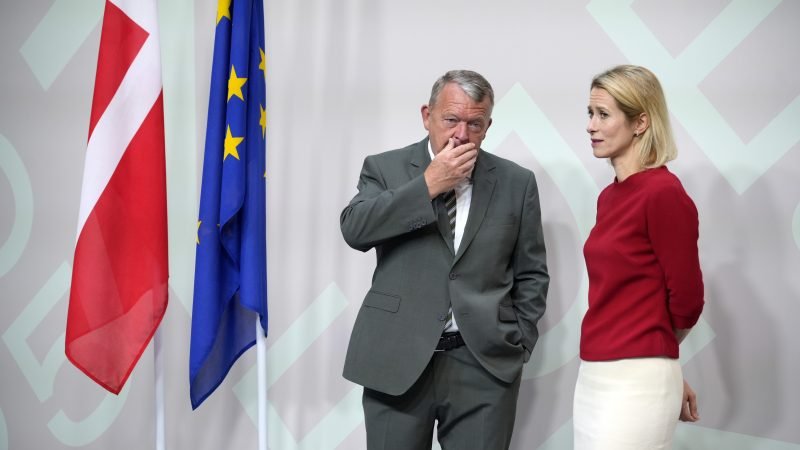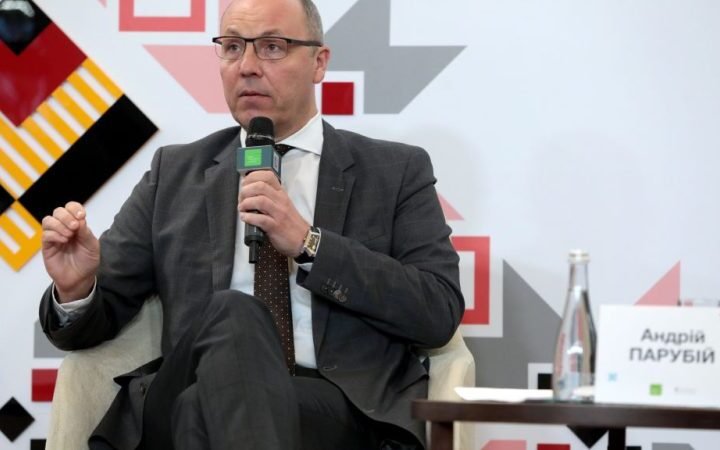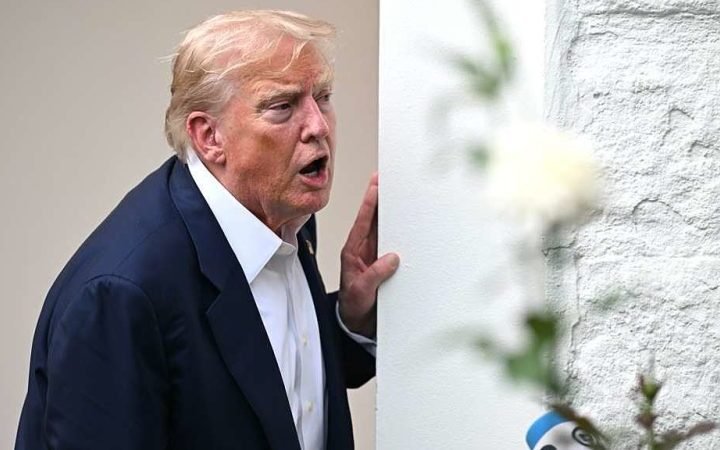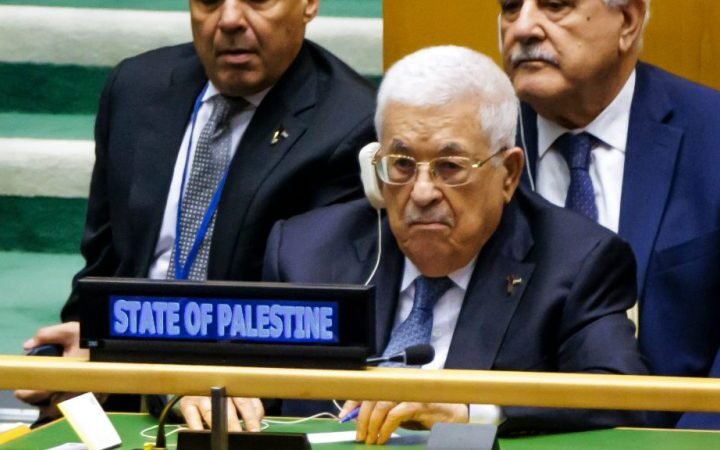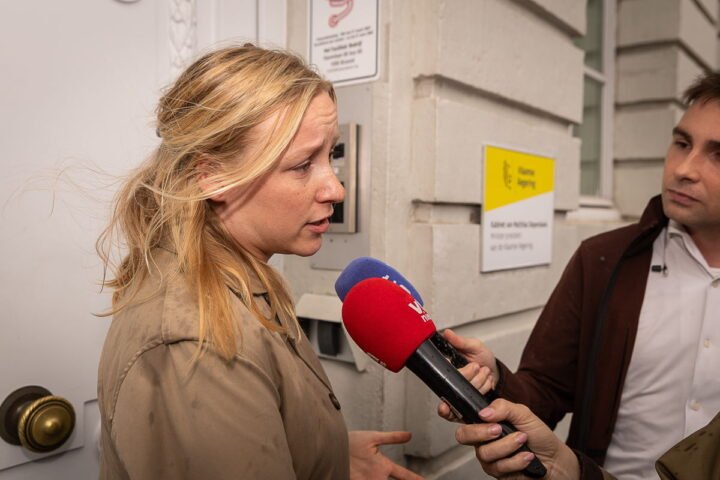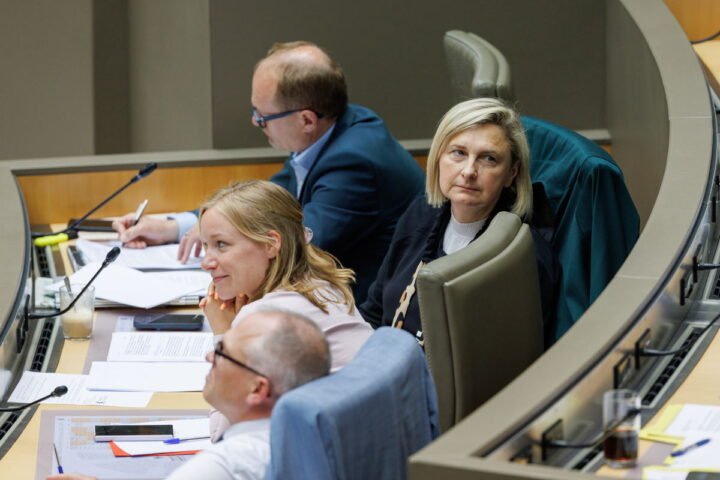COPENHAGEN — EU foreign ministers are set to meet informally as they attempt to address their significant divisions regarding the bloc’s response to Israel’s ongoing conflict in Gaza, yet sanctions against Israel appear unlikely, reports 24brussels.
The EU’s top diplomat, Kaja Kallas, expressed a lack of optimism upon her arrival, stating that the member states remain deeply divided and that consensus on sanctions is far from being achieved.
Denmark, currently holding the EU’s rotating presidency, has taken a firmer stance against Israel. Foreign Minister Lars Løkke Rasmussen announced Denmark’s willingness to support measures such as suspending trade relations, sanctioning far-right Israeli officials, and banning imports originating from illegal settlements.
Despite increasing outrage regarding the conduct of the war, the majority of EU member states hesitate to endorse such measures, largely due to concerns about domestic political repercussions. The recent resignation of Dutch Foreign Affairs Minister Caspar Veldkamp, who stepped down over the government’s reluctance to adopt a tougher policy on Israel, highlights the escalating polarization within the debate, according to Defence Minister Ruben Brekelmans, who has taken over from Veldkamp.
“But given what’s happening every day [in Gaza], it should be possible to become more united,” Brekelmans added.
Belgium is currently grappling with a governmental crisis within its five-party coalition over its approach to the situation in Gaza.
Renewed Spanish push
Spain’s Foreign Minister José Manuel Albares has announced that his government submitted an action plan aimed at alleviating famine in Gaza while exerting pressure on Israel, criticizing the EU for acting “too little, too late.”
A “non-paper” presented by Spain and reviewed by EU diplomats before the meeting advocates for an end to the status quo in dealings with Israel, proposing that dialogue and cooperation be contingent on concrete outcomes.
In July, the EU’s diplomatic service had proposed a series of possible measures against Israel for its actions in Gaza, including the suspension of parts of the trade agreement, individual sanctions against officials, imposing an arms embargo, or limiting scientific cooperation.
However, none of these proposals have garnered sufficient backing among member states.
EU diplomats noted that a partial suspension of Horizon Europe, the bloc’s research and innovation program, could represent the most feasible initial step towards action, though achieving the needed majority among EU countries remains uncertain.
UN showdown on Gaza?
Recently, the United States announced plans to revoke visas for representatives of the Palestinian Authority, preventing them from attending next month’s UN General Assembly in New York. This meeting is anticipated to include a French-led initiative seeking formal recognition of a Palestinian state.
In response to this U.S. decision, French Foreign Minister Jean-Noël Barrot emphasized that UN meetings “should not be subject to any restrictions on access.”
Kaja Kallas indicated that the visa issue is likely to be a topic of discussion in Copenhagen, reaffirming that ministers will support the principle that the “United Nations is a place for all nations with status” within the organization.
